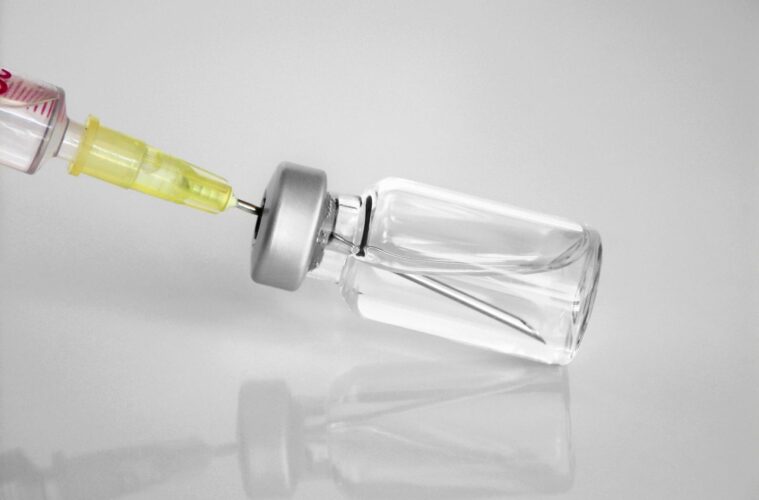The U.S. Food and Drug Administration has issued warning letters to two companies for making unsubstantiated claims that their CBD products can be used as an alternative to opioids or as a treatment for opioid addiction. The letters were sent to BIOTA Biosciences, LLC in the state of Washington and Homero Corp DBA Natures CBD Oil Distribution of New Hampshire, the FDA announced on April 23.
The agency said in a press release that the companies have been marketing CBD products in violation of the Federal Food, Drug and Cosmetic Act. The FDA said that BIOTA had been selling injectable CBD products and injectable curcumin products to treat serious diseases and as an alternative to opioids. The company markets private label and wholesale CBD extracts, beverages, bulk CBD extracts, and water-soluble CBD, as well as injectable CBD and curcumin, according to the FDA release. Homero, which sells its own line of CBD products and is a retailer for the Green Roads CBD brand, was cited for marketing CBD to treat serious medical conditions including opioid addiction.
“The opioid crisis continues to be a serious problem in the United States, and we will continue to crack down on companies that attempt to benefit from selling products with unfounded treatment claims,” said FDA Principal Deputy Commissioner Amy Abernethy, M.D., Ph.D. “CBD has not been shown to treat opioid addiction. Opioid addiction is a real problem in our country, and those who are addicted need to seek out proper treatment from a health care provider.”
“There are many unanswered questions about the science, safety, effectiveness and quality of unapproved products containing CBD, and we will continue to work to protect the health and safety of American consumers from products that are being marketed in violation of the law,” she added.
The FDA also noted that it “has not approved any CBD products other than one prescription human drug product to treat rare, severe forms of epilepsy,” Epidiolex. The agency has not evaluated CBD as a treatment for other conditions or for factors such as proper dosage and the possibility of dangerous side effects.
Dean Petkanas, the CEO of biopharmaceutical manufacturer Kannalife Inc., told HEMP in an email that CBD and opioids share some significant side effects, including drowsiness, euphoria, and nausea, and that CBD has also been linked to liver toxicity, developmental toxicity, and gastrointestinal problems. He does not believe that FDA approval for CBD as a treatment for conditions that opioids are commonly prescribed for is very likely.
“Simply put, CBD is stuck in Single A minor league baseball when it comes to replacing opioids for pain management. Just because Epidiolex got through the FDA for treating rare epileptic disorders, doesn’t mean CBD will get to the dance for other purposes,” he explained. “Maybe CBD has some legs in the anti-anxiolytic category, but opioids are not typically prescribed as sedatives. CBD would have to prove out as a better therapeutic than Xanax or Valium, for that matter.”
“The bottom line is CBD has a long way to go to get to the major leagues,” he added.
However, that doesn’t mean there isn’t potential for cannabinoid-based therapies to receive FDA approval. Kannalife is developing a patented compound derived from CBD that is undergoing strict clinical trials as a treatment for neuropathic pain. Petkanas said that the drug, which has been shown to have advantages over both morphine and CBD, could be ready for the marketplace by 2024. But before that can happen, the drug will have to complete the FDA’s rigorous approval process.
“It’s obvious that the FDA will not become a relaxed agency when dealing with the CBD market and ludicrous claims being made,” he said. “This trend of FDA enforcement will likely continue, especially in times like the period we are experiencing around the world at this very moment.”


